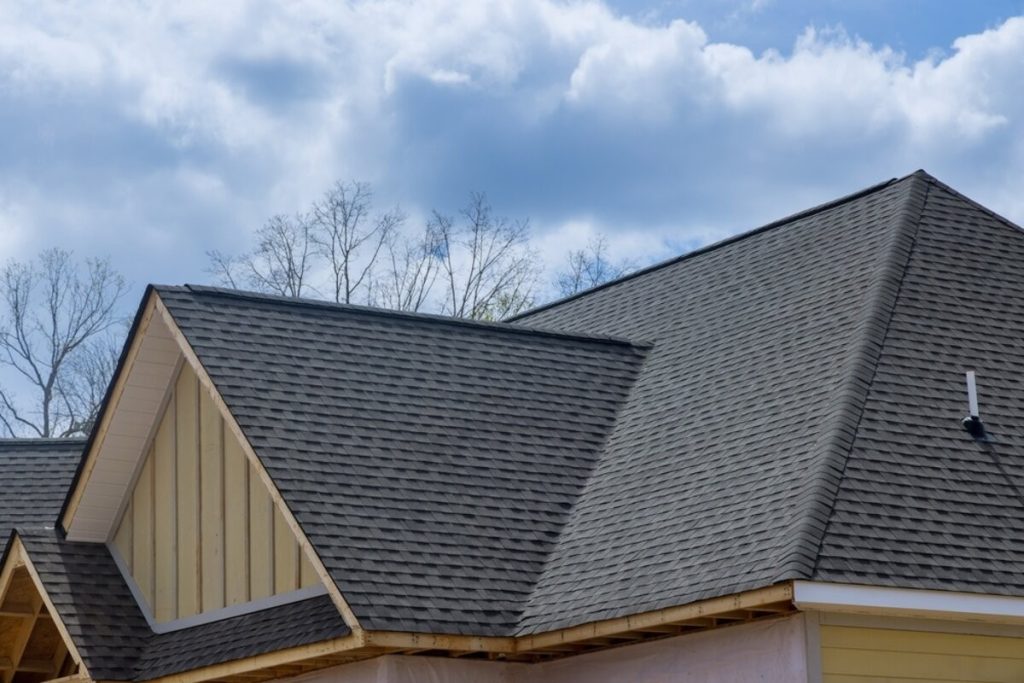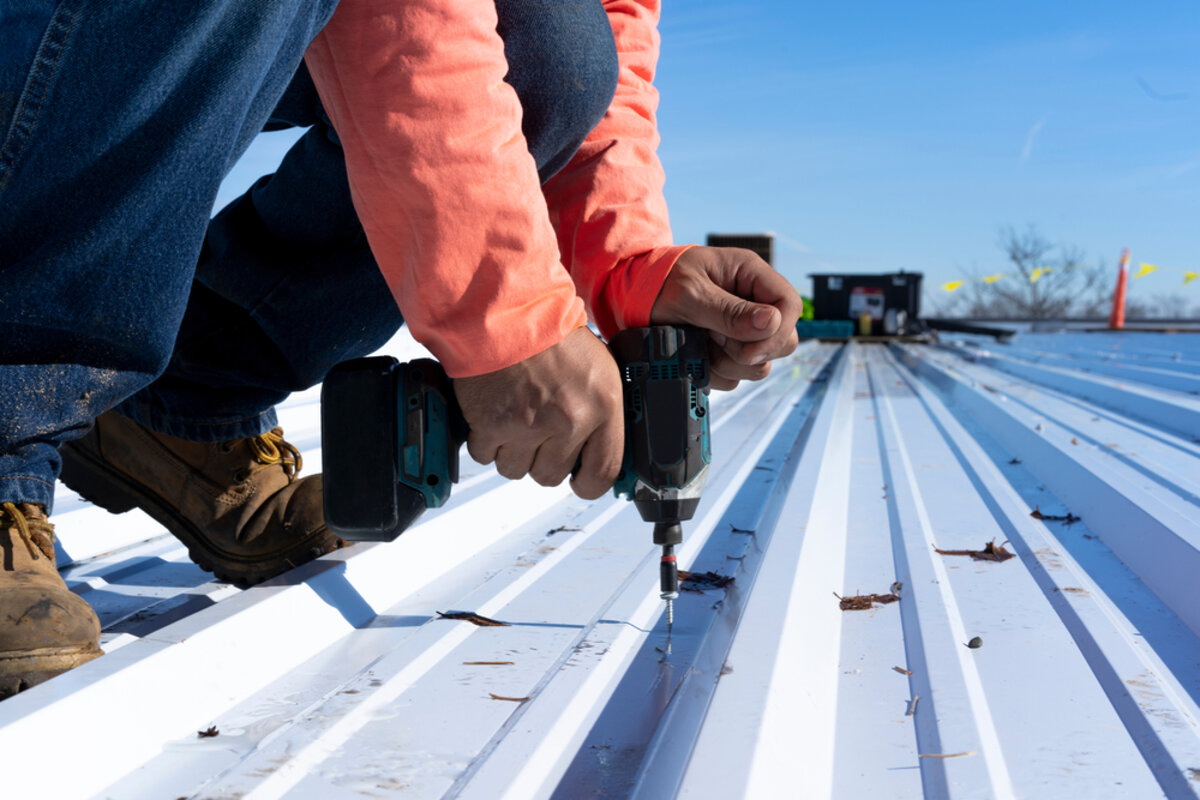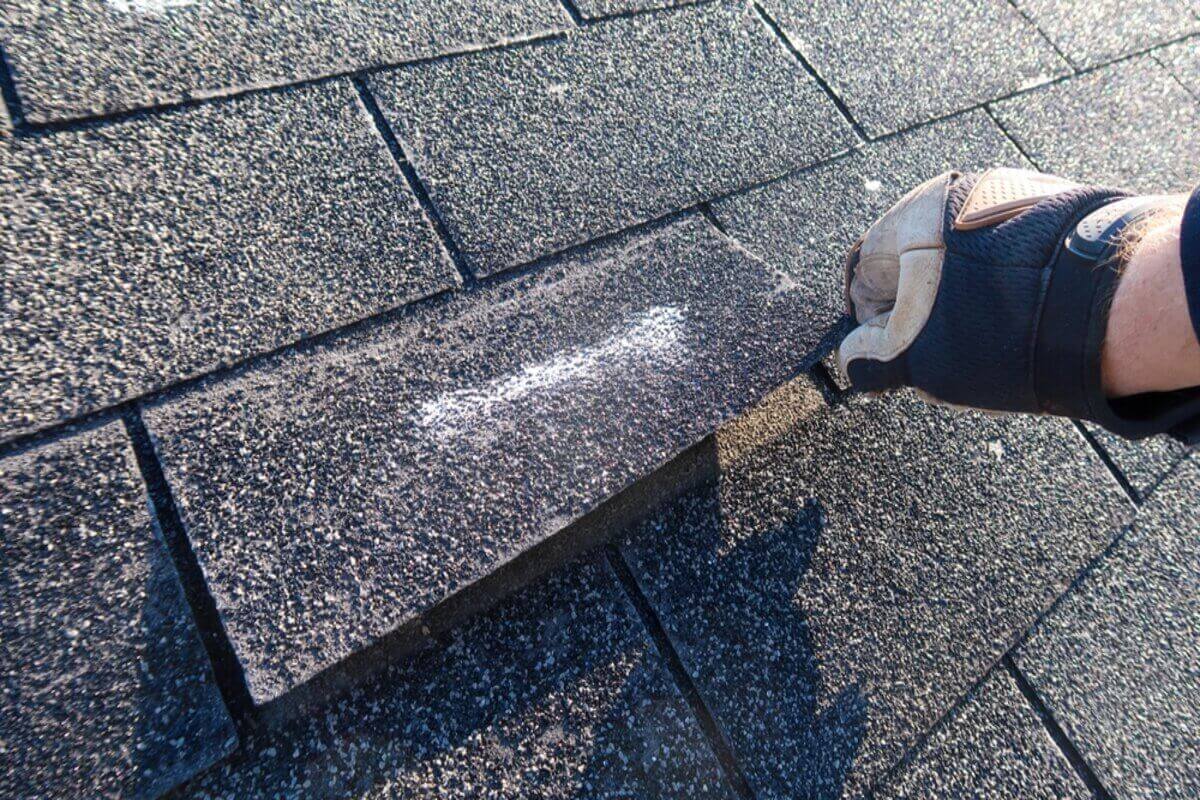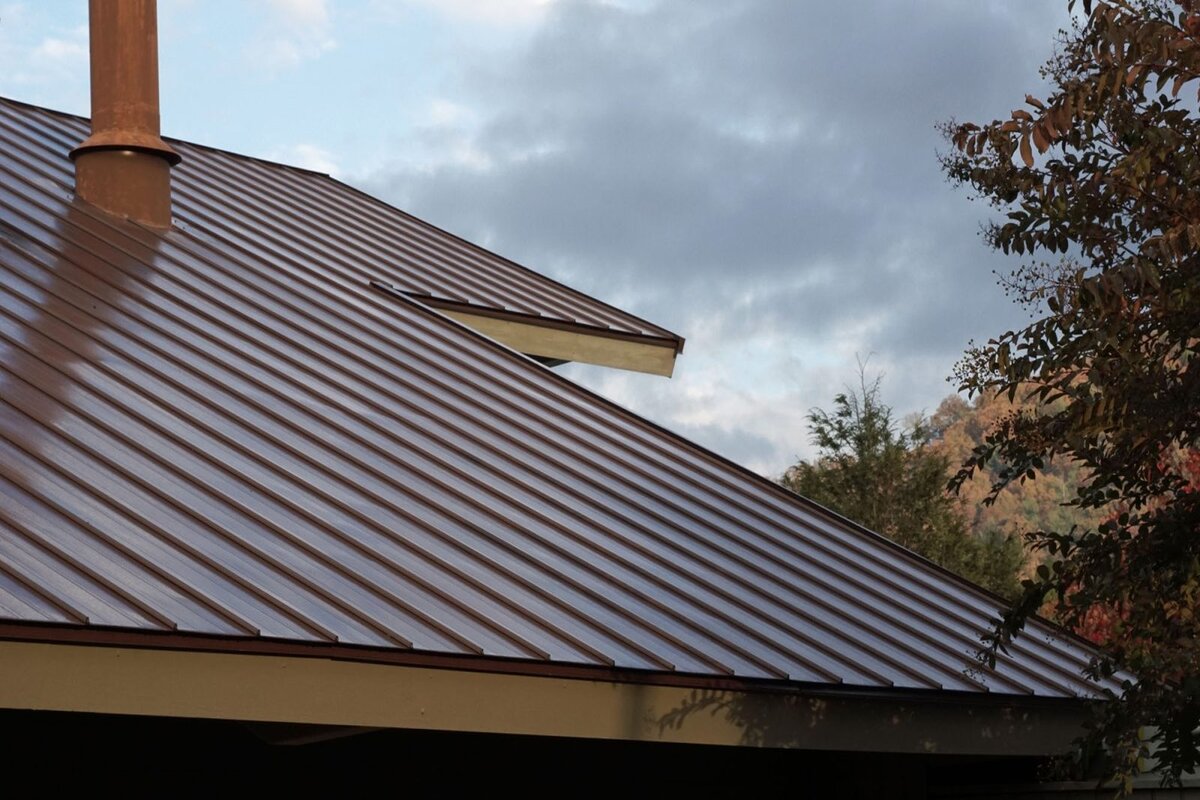When it comes to selecting roofing materials, homeowners and builders have a number of options. Among these, asphalt shingles have become a popular choice due to their balance of cost, appearance, and durability. This article aims to explore the various advantages and disadvantages of this roofing material, providing a comprehensive overview for those considering it for their homes.
The Advantages of Choosing Asphalt Shingles
Cost-Effectiveness and Affordability
One of the primary benefits of using asphalt shingles is their affordability. Compared to other roofing materials like metal, slate, or clay tiles, asphalt is significantly more cost-effective. This affordability does not come at the expense of quality, making it an excellent choice for homeowners on a budget.
Aesthetic Appeal and Versatility
Asphalt shingles offer a wide range of styles and colors, allowing homeowners to choose a look that best suits their home’s aesthetic. From traditional three-tab shingles to more luxurious architectural shingles, there is a style for every taste. Additionally, they can mimic the look of more expensive materials like wood or slate, providing elegance without the associated cost.
Ease of Installation and Maintenance
This type of shingle is relatively easy to install, which can reduce labor costs. They are also low maintenance, requiring only occasional inspections and cleaning to ensure their longevity. In the event of damage, individual shingles can be easily replaced, making repairs straightforward and inexpensive.
The Downsides of Asphalt Shingle Roofing
Durability and Lifespan Concerns
While asphalt shingles are durable, they do not have as long a lifespan as some other roofing materials. Typically, they last between 15 to 30 years, depending on the quality of the shingle and the environmental conditions. They are also more susceptible to damage from extreme weather conditions, such as high winds, hail, or rapid temperature fluctuations.
Environmental Impact
The environmental impact of asphalt shingle production and disposal is a significant concern. These shingles are a petroleum-based product, which means their production is energy-intensive and contributes to greenhouse gas emissions. Additionally, they are not biodegradable, and the majority end up in landfills at the end of their life cycle.
Potential for Poor Ventilation and Heat Absorption
Asphalt shingles can absorb a considerable amount of heat, especially darker colors. This can lead to higher attic temperatures, potentially increasing cooling costs in the summer. Moreover, if not properly ventilated, these shingles can contribute to moisture buildup in the attic, leading to mold and mildew problems.
Weighing the Pros and Cons
When considering asphalt shingles, it’s crucial to weigh these pros and cons against your specific needs and circumstances. Factors like climate, budget, and personal preference will play a significant role in determining if this is the right choice for your roofing project.
Long-Term Considerations and Alternatives
If longevity and environmental impact are major concerns, exploring alternative materials like architectural shingle roofing or recycled synthetic shingles might be worthwhile. These options, while more expensive initially, can offer longer lifespans and a smaller environmental footprint.
Making an Informed Decision
Ultimately, the decision to use asphalt shingles should be informed by a thorough understanding of their strengths and weaknesses. Consulting with roofing professionals and considering the specific needs of your home will ensure that you make a choice that is both practical and aesthetically pleasing.
Conclusion
Asphalt shingles offer a balanced option for many homeowners, providing affordability, aesthetic flexibility, and ease of maintenance. However, their shorter lifespan, environmental impact, and potential issues with heat absorption and ventilation are important factors to consider. By carefully evaluating these aspects, homeowners can make a well-informed decision that aligns with their priorities and the specific needs of their property. For more personalized advice or specific inquiries, feel free to contact DryTech Exteriors today for expert guidance and assistance.
Our Dayton Roof Repair Services
At DryTech Exteriors, we take pride in offering prompt and reliable Dayton roof repair services. Our expert technicians are trained to diagnose and fix a wide range of roofing issues, including:
- Leaking roofs
- Missing or damaged shingles
- Flashing problems
- Storm damage
- And more
We understand that a leaky roof can be a stressful situation, which is why we respond quickly to your call. Our goal is to protect your home and provide you with peace of mind, no matter the weather.
Dayton Roof Replacement
Sometimes, a roof may be beyond repair, especially if it has reached the end of its lifespan or sustained extensive damage. In such cases, DryTech Exteriors offers top-quality Dayton roof replacement services. Our experienced team will work with you to select the right roofing material and style for your home, ensuring long-lasting protection and enhancing curb appeal.
Why Choose DryTech Exteriors for Dayton Roofing?
When it comes to Dayton roofing, DryTech Exteriors is your trusted partner. Here’s why homeowners in Dayton, Ohio, choose us:
- Years of experience in the roofing industry.
- Licensed and certified roofing professionals.
- High-quality materials and craftsmanship.
- Emergency roof repair services available.
- Customer satisfaction is our top priority.
Contact DryTech Exteriors Today
Don’t let a leaking roof ruin your day. Contact DryTech Exteriors for all your Dayton roof repair and Dayton roof replacement needs. Our team is ready to provide reliable, professional, and affordable solutions to keep your home safe and dry. Reach out to us today for a free consultation and estimate!
